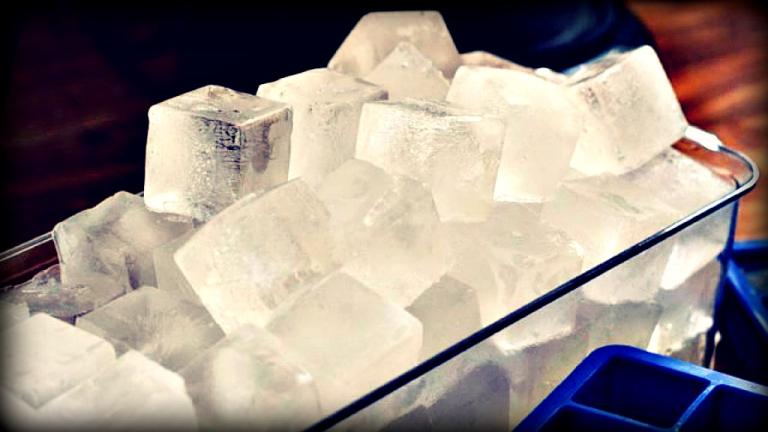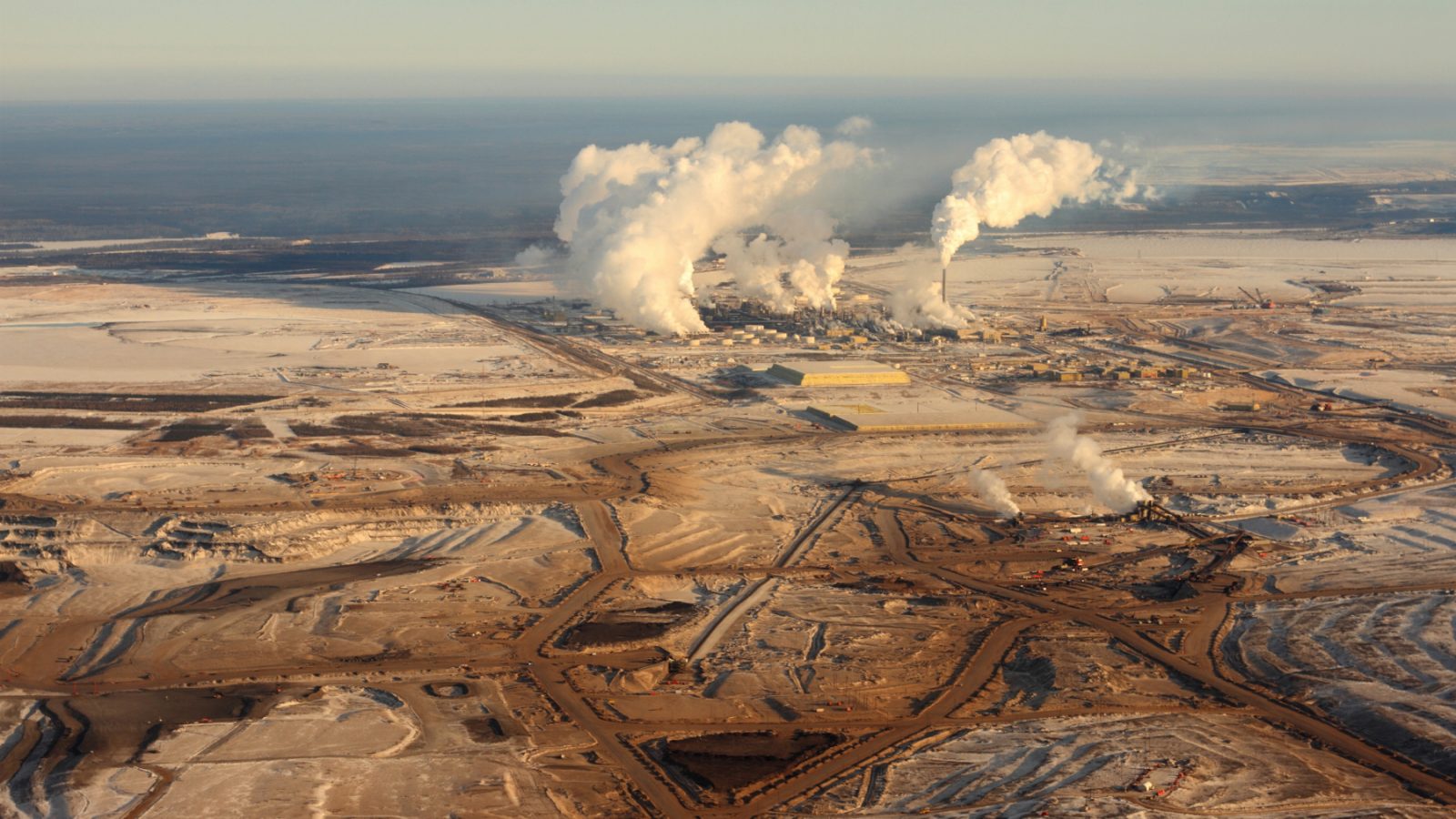UPDATE: It looks like Steve Mufson and Juliet Eilperin, the authors of the Washington Post article upon which this post was based, are backing down on their claims — sort of. The Koch brothers have leases on a confirmed 1.1 million acres of Alberta tar sands, and the article’s authors cite unnamed “industry sources we consider highly authoritative” who estimate that amount of land to be closer to two million acres. Mufson and Eilperin claim that if the latter figure is accurate, the Koch brothers are indeed the largest lease-holders in the region. However, Jonathan Adler, a columnist for the Washington Post, indicates that it’s possible that Canadian Natural Resources holds leases on 2.5 million acres of tar-sands land, which would exceed even the Kochs’ theoretical holdings.
You can read Mufson and Eilperin’s fairly half-hearted mea culpa here, and Adler’s response to the original article here.
Charles and David Koch sure are a busy coupla pranksters! In the 2012 election, the Mark and Donnie Wahlberg of modern-day American capitalism spent more than $412 million trying (and largely failing) to get their favorite candidates elected. And they’re gearing up to drop some cash on this year’s elections too.
But fossil-fuel-loving politicians aren’t the only item in the Koch shopping cart. Turns out the wacky sibling duo has spent the past dozen years throwing substantial bills at tar-sands property in Alberta – enough to buy leases on 1.1 million acres worth, to be exact.
That makes Koch Industries the single largest tar-sands lease holder in the province, ranking ahead of energy giants Conoco Phillips and Shell. As a point of reference, Alberta has the third largest crude oil reserves in the world, second only to Venezuela and Saudi Arabia.
So what might this mean for the Keystone XL debate? As it happens, not that much. From The Washington Post:
The finding about the Koch acreage is likely to inflame the already contentious debate about the Keystone XL Pipeline and spur activists and environmentalists seeking to slow or stop planned expansions of production from the northern Alberta oil sands, or tar sands. Environmental groups have already made opposing the pipeline their leading cause this spring and Senate Majority Leader Harry Reid has called the Koch brothers Charles and David “un-American” and “shadowy billionaires.”
The link between Koch and Keystone XL is, however, indirect at best. Koch’s oil production in northern Alberta is “negligible,” according to industry sources and quarterly publications of the provincial government. Moreover, Koch has not reserved any space in the Keystone XL pipeline, a process that usually takes place before a pipeline is built. The pipeline also does not run anywhere near Koch’s refining facilities. And TransCanada, owner of the Keystone routes, says Koch is not expected to be one of the pipeline’s customers.
However, as such a large stakeholder in the region, Koch Industries could stand to profit from Keystone XL because it’s expected to lower transportation costs, pushing other pipelines and rail companies to reduce their prices to stay in the oil-shipping game.
Koch Industries, the second-largest privately held company in the United States with annual revenues of $115 billion, is renowned for both its secrecy and the diversity of its holdings. Next on the company’s agenda? Sky’s the limit! They’re all over the place! By the time you get home tonight, there’s a chance that they may have acquired all of your shoes, but you probably won’t find out about it for another 12 years.




